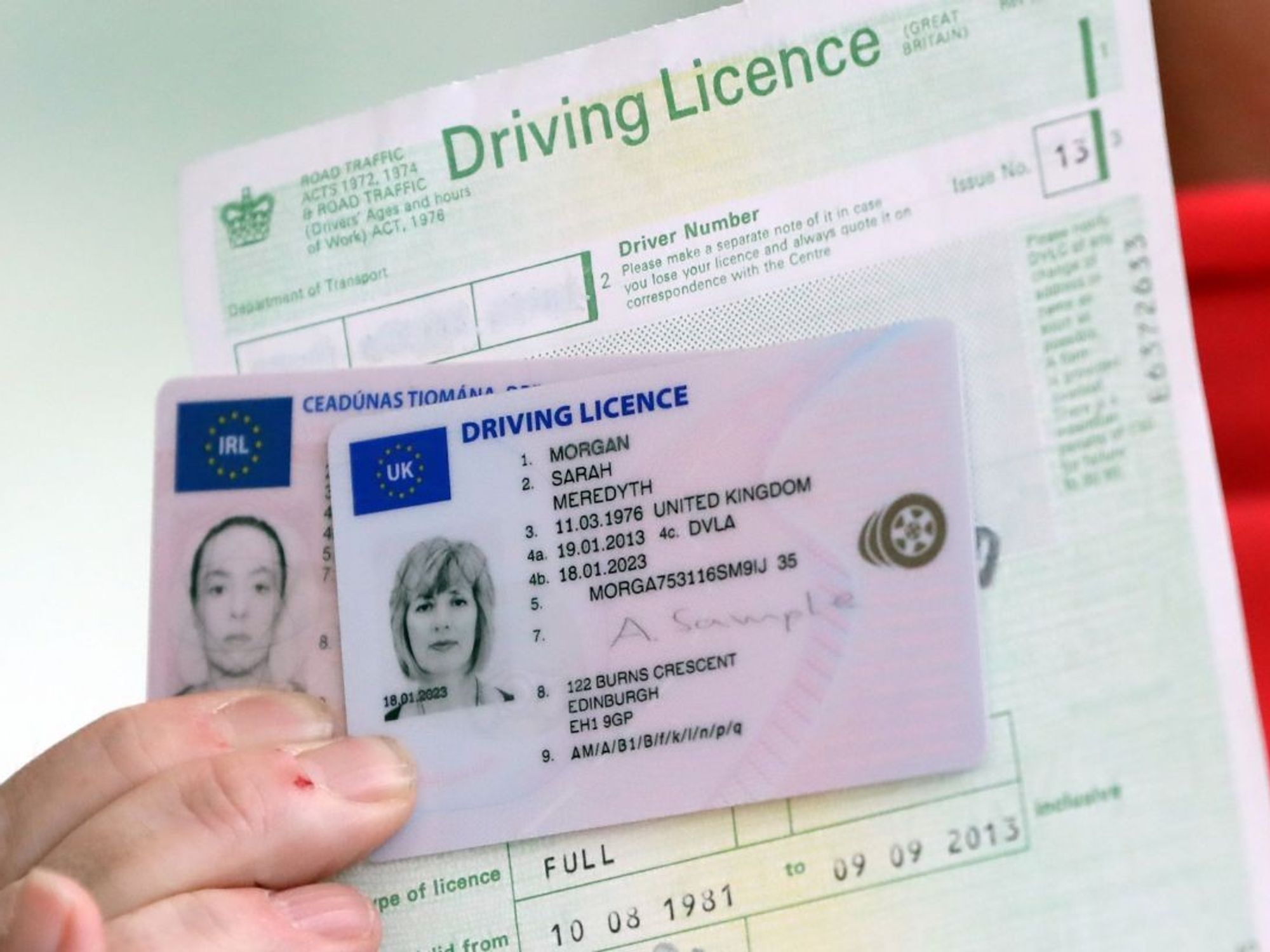
Some teenagers are downloading manuals for printing 3D bomb-making equipment and firearms
PA
An increasing number of youngsters are sharing extremist content online
Don't Miss
Most Read
Trending on GB News
More and more youngsters are being radicalised online, with the Head of UK Counter Terrorism Policing warning that their extremism is turning into “real threats of violence on our streets”.
Radicalised teenagers have increased five-fold in the past four years, said Matt Jukes, head of UK’s Counter Terrorism Policing (CTP).
Jukes said that an increasing number of youths were turning their extremism into active terror plots.
He said some teenagers were downloading manuals for printing 3D bomb-making equipment and firearms.

Matt Jukes said that teenagers could be sent to prison for these acts, despite never having left their bedroom
PA
Please write at least 2 paragraphs
Teenagers could face being sent to prison for their online activities, such as encouraging and inciting others to carry extremist acts, Jukes said.
“We know that the driving threat here is online but we also see in our casework that in far younger people than ever before, that can translate into them carrying out acts of violence,” the head of the CTP commented.
“The really remarkable thing is that you can find yourself with a prison sentence not having left your bedroom because of encouraging, inciting, sharing information, downloading bomb-making instructions and encouraging other people to take in acts of violence,” Mr Jukes told BBC Radio 4’s Today programme.
Jukes highlighted the case of Daniel Harris, a 19-year-old from Derbyshire who was sentenced to 11 and a half years for posting extremist videos online.
These videos influenced the perpetrator of a shooting at a supermarket in Buffalo, New York, where 10 people were killed last year.
His extremism began when he was 17 and started posting videos glorifying mass murderers.
“It is a real concern and it’s a contagion of sorts,” said Mr Jukes. “It is set against an overall case work of 800 live cases that are currently under investigation but it’s one in five of arrests we make involves someone under 18.
“This is a new and emerging threat that should concern us and certainly should concern us in respect of the online lives of our communities.”

Radicalised teenagers are taking parts of existing extreme social ideologies and combining them
WikimediaCommons
The pandemic was also cited as a factor by Jukes for the increase of young people being radicalised, as youngsters had more free time to spend online.
The CTP said that the way young people are interacting with extreme content is evolving too.
Now people are taking elements of existing extreme social perspectives and combining them to create new philosophies, according to the CTP.
Two weeks prior to Jukes’ comments, Home Secretary Suella Braverman said that the terror threat level in the UK is “rising”.
Alongside the publication of the Government’s updated counter-terrorism strategy, Braverman warned that there would be “more attempts” of attacks by extremists.








